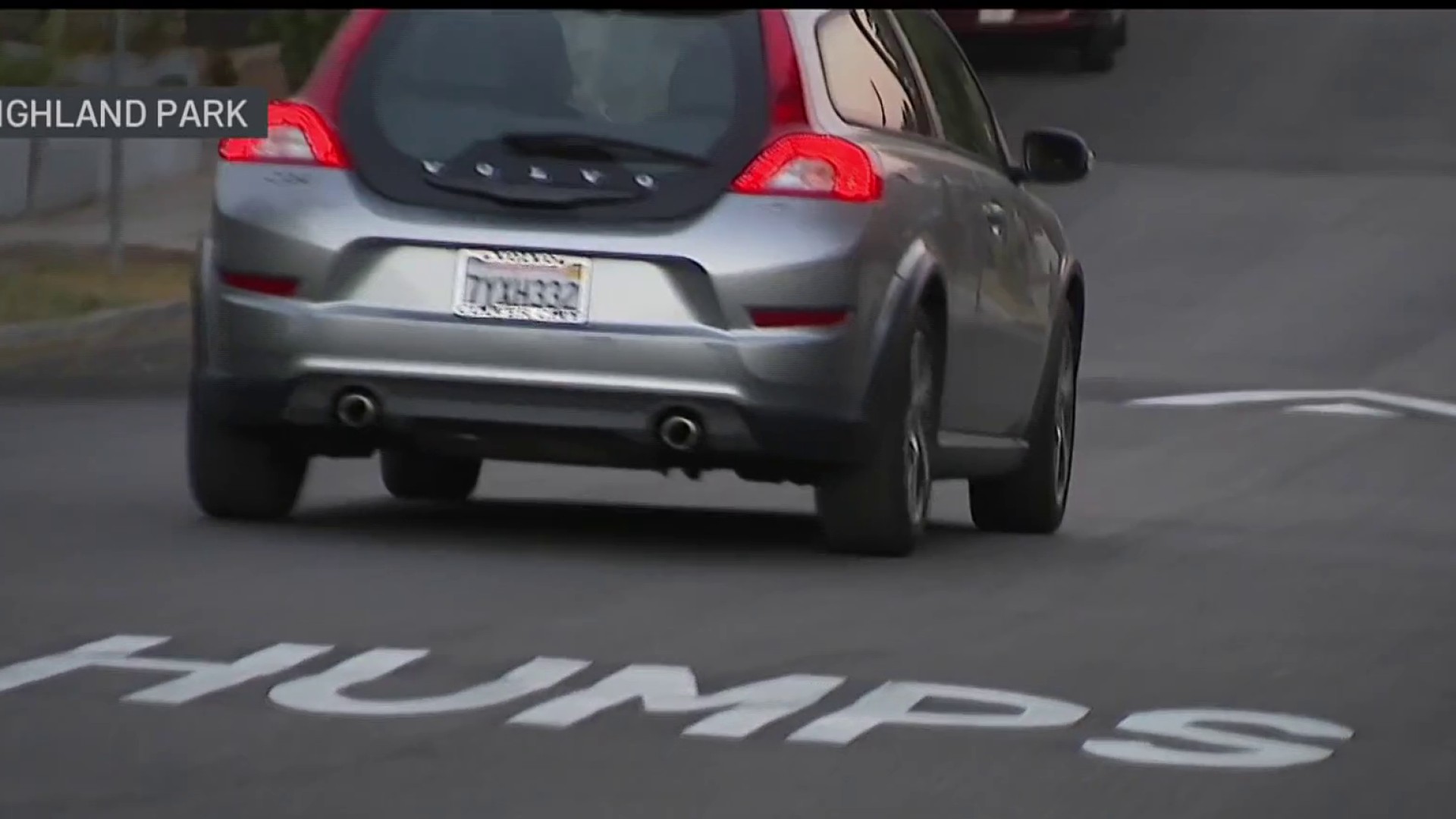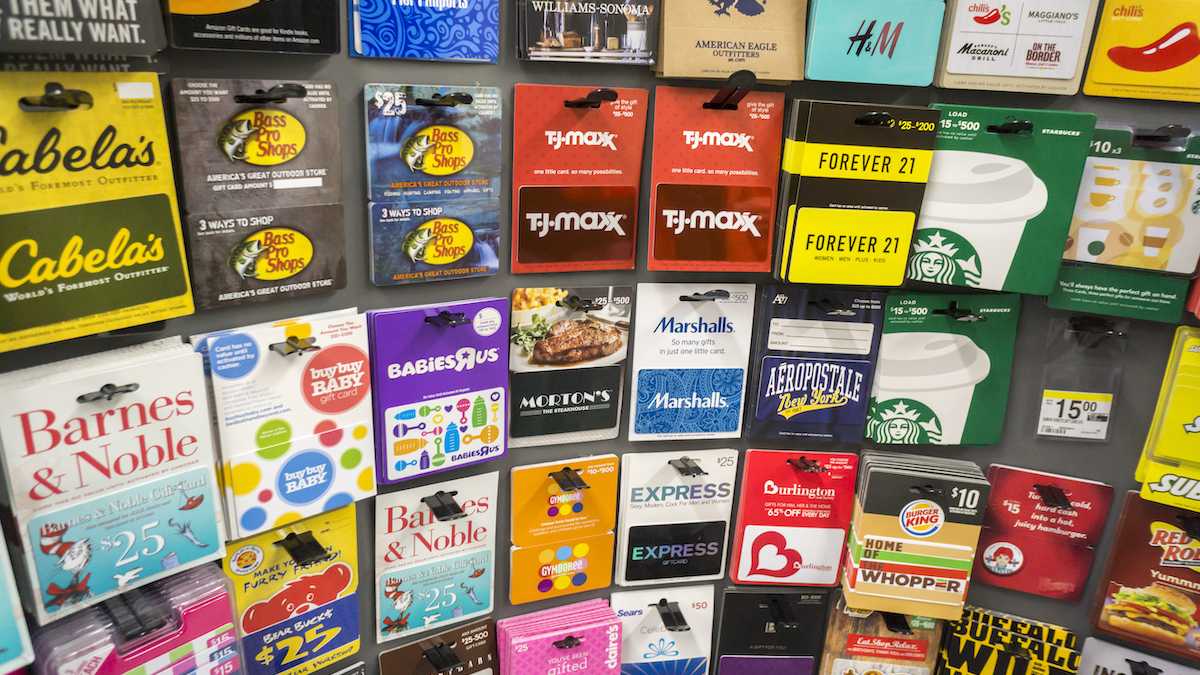The Metro Board of Directors Thursday approved a plan to transition its entire bus fleet to be 100 percent electric by 2030, a bold move that requires the purchase of more than 2,200 vehicles and continuous advancements in technology.
Metro has developed a plan for the transition, which got a unanimous seal of approval. The board also approved two other motions authorizing the purchase of 95 electric buses and charging stations for $138 million, marking the transit agency's first significant step toward a zero-emissions fleet.
The 95 buses and charging stations will be used as part of a plan to convert the Orange Line to zero emissions by 2020 and the Silver Line by 2021 with a total of 205 buses, and the board had already approved a plan to purchase 10 electric buses for use on the lines.
"Today's vote represents an enormous investment in the future of a healthy and prosperous Los Angeles," said Metro board member and Los Angeles County Supervisor Hilda L. Solis. "Metro should be commended for developing a comprehensive strategic plan that sets Los Angeles as a national leader in zero- emission vehicles."
The move to electric or zero emissions by 2030 was endorsed several months ago by Los Angeles Mayor and Metro Board Chairman Eric Garcetti, who outlined his support in a letter to Metro CEO Phillip A. Washington in May.
"These buses have the potential to reduce lifecycle maintenance costs, reduce the cost of fueling, eliminate exposure to fluctuations in the fossil fuel market, reduce noise pollution, and improve public health," Garcetti wrote.
Metro's current fleet runs on compressed natural gas; the agency completed a transition away from diesel six years ago. When the agency began purchasing the CNG buses in the 1990s, they were considered the most environmentally friendly option, but advances in electric technology have made zero-emissions buses the preferred option of many environmental groups.
News
Top news of the day
The L.A. County Electric Bus Coalition, which includes EarthJustice, the Environment California Research & Policy Center, Food & Water Watch, International Brotherhood of Electrical Workers Local 11, Jobs to Move America, Sierra Club and South Bay Los Angeles 350 Climate Action Group, has been pressing Metro for months to move away from CNG. To illustrate its point, the coalition pointed to the largest methane gas leak in United States history, which displaced thousands of Porter Ranch residents in the vicinity of the Aliso Canyon storage facility beginning in late 2015, as a top reason to move away from gas.
"L.A. Metro's decision to switch from fossil fuel, gas-powered buses to 100 percent clean, electric buses will reduce greenhouse gas emissions while cutting the air pollution that is poisoning our communities, and improve the quality of life for the 9.6 million people who live, work, play and breathe in this region," the coalition said in a statement.
Metro said it plans to spend nearly $1 billion on bus procurements in the next 10 years, and the transition plan is contingent on continuous advancements in electric bus technology as well as a drop in prices as the technology develops. That leap of faith has some critics balking at the plan, including the natural gas industry, which stands to lose out on supplying the fuel for Metro's immense fleet.
"The environmental aim of the proposal is commendable; we agree with the goal of pursuing clean technology that improves air quality for Angelenos. However, a premature full commitment to an as-yet unproven technology would be misguided," the Coalition for Renewable Natural Gas wrote in a letter to the Metro board in June. "Previous tests of EV buses have proven that they have much ground to make up before being able to provide Metro and its customers with both ultra-clean performance and reliable service."



